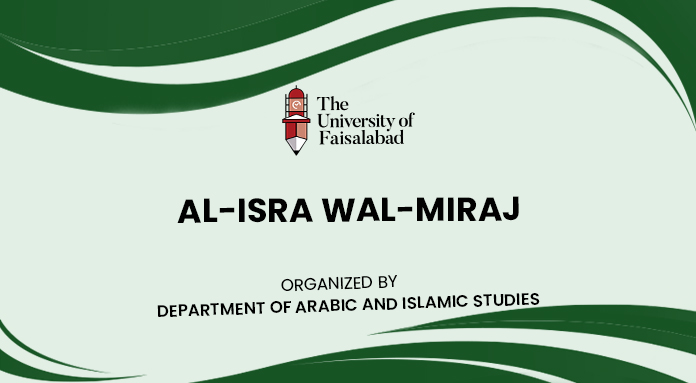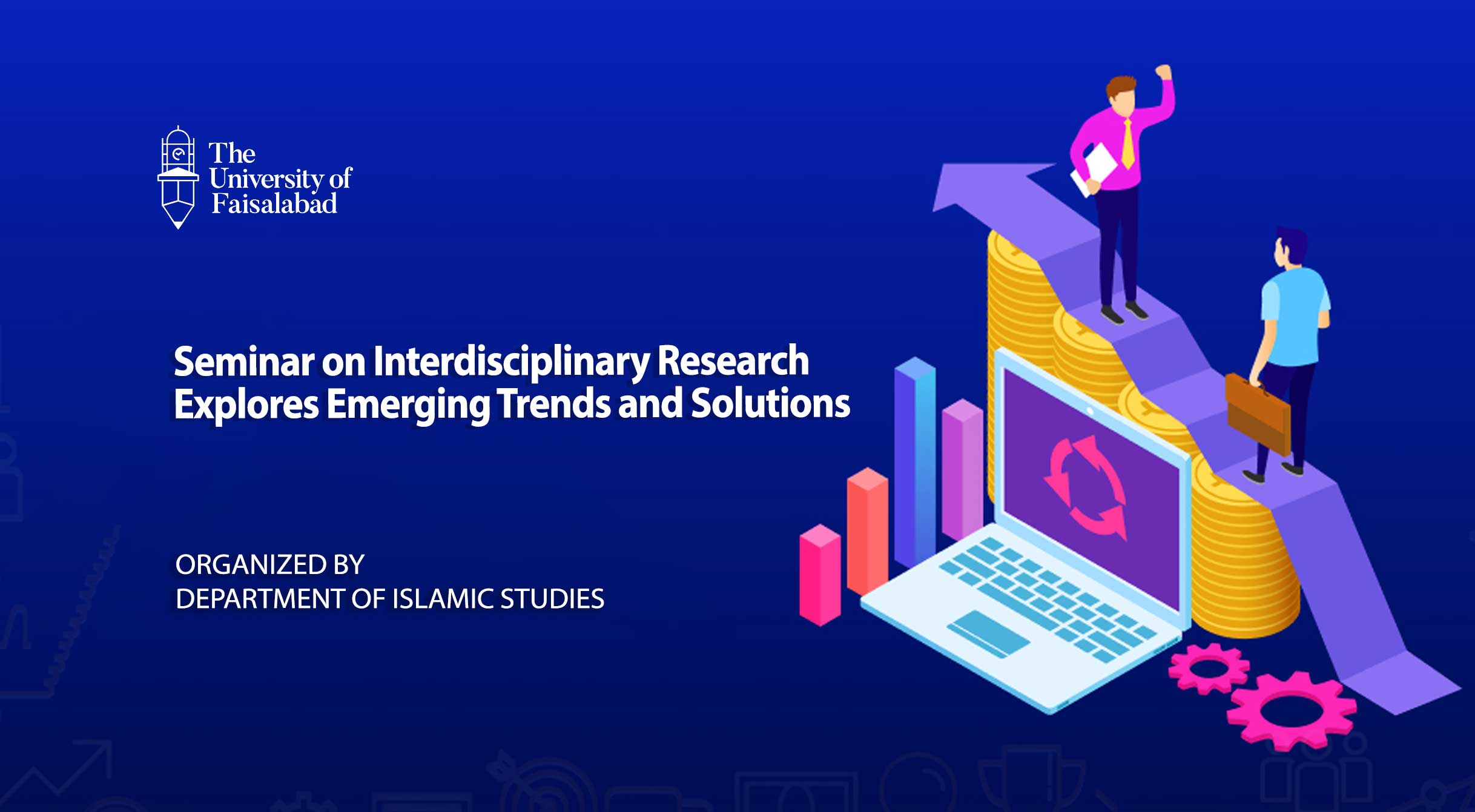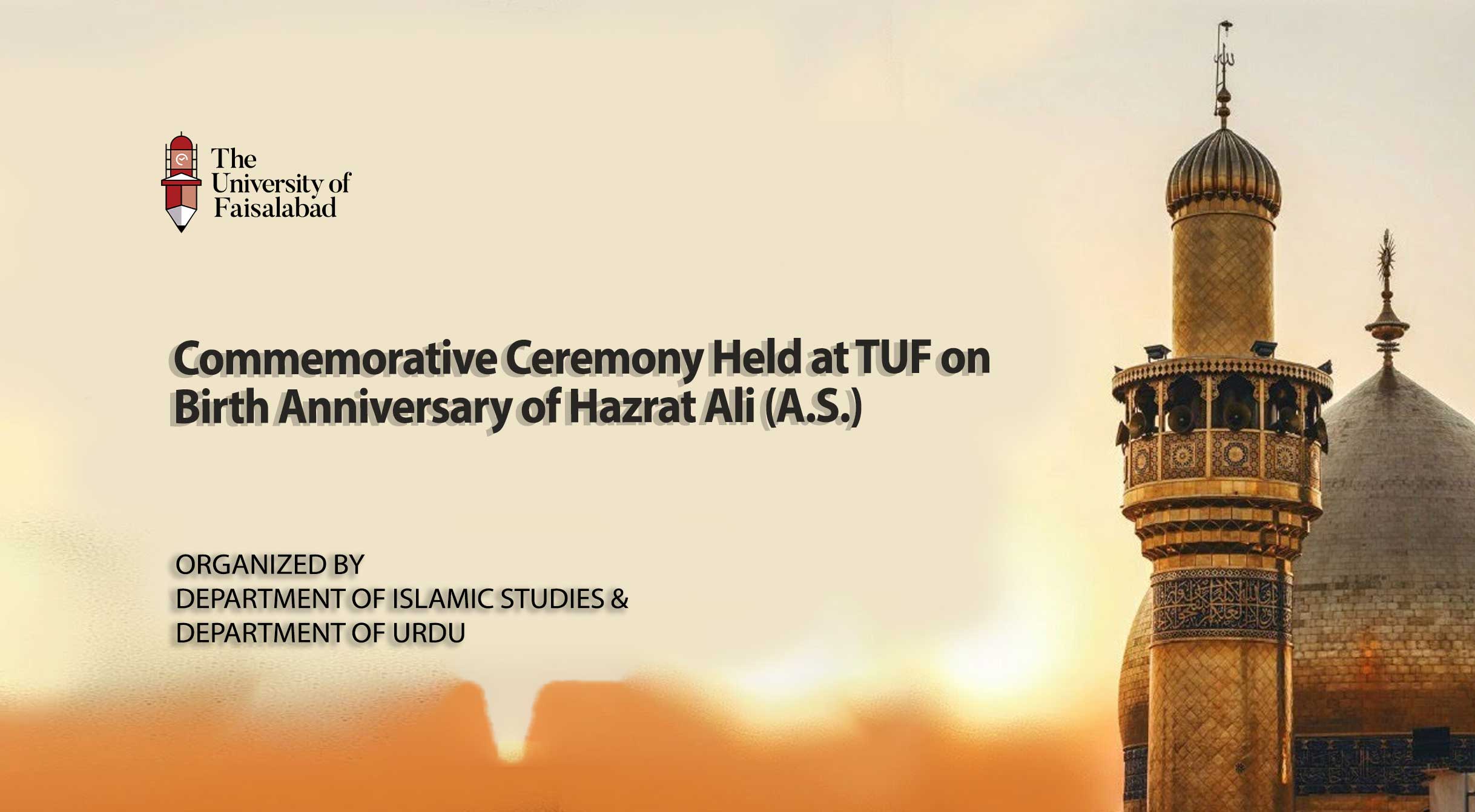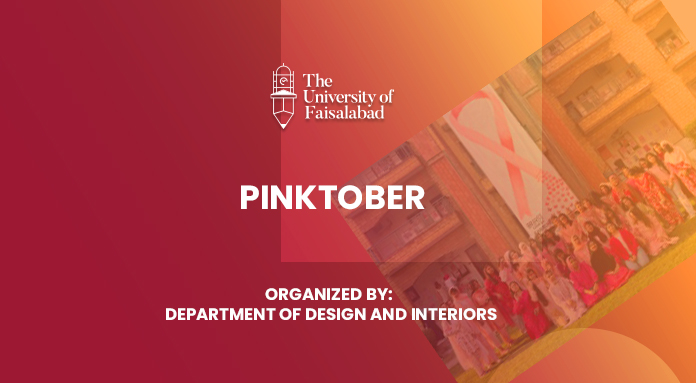
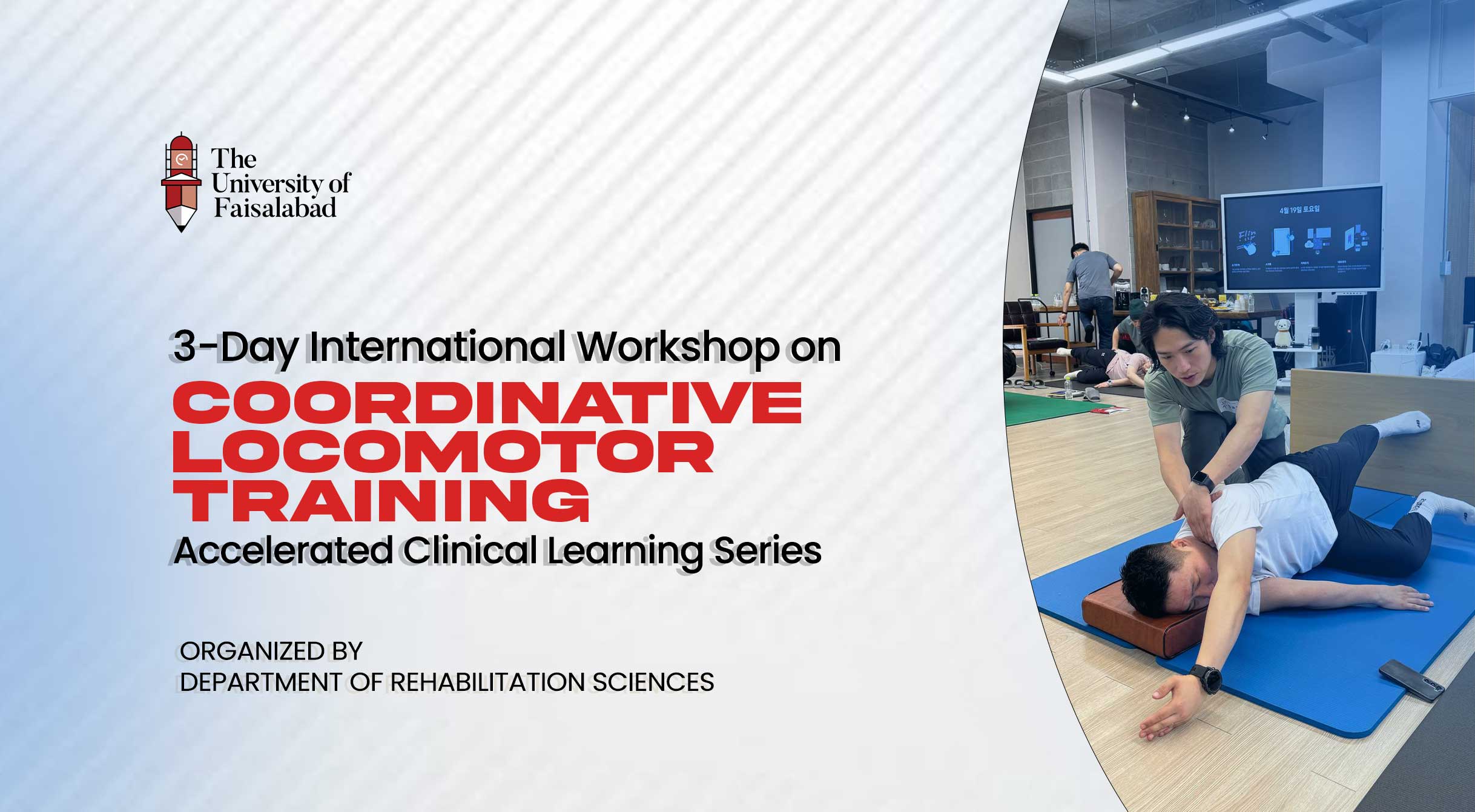
Publications
Good Health and Well-being
3-Day International Workshop on Coordinative Locomotor Training (CLT) – Accelerated Clinical Learning Series
The Department of Rehabilitation Sciences, TUF, proudly inaugurated the International Workshop on Coordinative Locomotor Training (CLT), held from 19th to 21st September 2025. This 3-day workshop, part of the Accelerated Clinical Learning Series by distinguished International Experts from South Korea included Prof Dr Moon-Kyu Lee, Associate Professor, Chosun University, Ms Hye-Ryoung Park, CEO, The Lab Friends Pilates Lab, Ms Ae-Ji Kim, Director of Research, Korea PNF Association, Namal Zafar, Interpreter from Korean Embassy.


In her welcome address, Dr Marium Zafar, Head, Department of Rehabilitation Sciences, highlighted the importance of global knowledge exchange and evidence-based practices in advancing rehabilitation sciences. Prof Dr Aman Ullah Malik, Rector, TUF, delivered the keynote address, underscoring the significance of international collaboration and innovation in patient-centered care. Prof Dr Zahir Ahmad Zahir, Director ORIC, TUF, shared his insightful remarks on the role of advanced rehabilitation techniques like CLT in improving clinical outcomes and shaping the future of healthcare.


The first day of the workshop laid the foundational understanding of CLT, covering its theoretical framework, core principles, and relevance in the context of neuromotor control and rehabilitation. As the sessions progressed into the second day, participants delved into the functional synergies central to CLT—namely the Sprinter and Skater patterns—through interactive lectures and guided hands-on training. Clinical case discussions further helped contextualize these synergies, bridging the gap between theory and real-world application.


The final day focused on integrating these learned synergies into individualized rehabilitation programs, emphasizing practical execution and personalized planning. Participants engaged in group discussions to solidify their understanding and reflect on clinical applications. As a thoughtful gesture, all the participants were given CLX TheraBands as a gift by our delegates, supporting their continued learning and practical implementation of the techniques discussed. Additionally, the event fostered a spirit of inter-professional collaboration, encouraging the exchange of best practices among rehabilitation professionals. The training contributed significantly to several Sustainable Development Goals (SDGs), including Good Health and Well-Being, Quality Education, Reduced Inequalities, and Partnerships for the Goals.


International experts expressed their delight in visiting Pakistan, praising the hospitality and enriching academic environment of The University of Faisalabad. In recognition of their valuable input and collaboration, commemorative shields were also presented to the distinguished international guests. Certificates were distributed among all participants, organizers, and facilitators, acknowledging their active engagement and contributions throughout the event.
